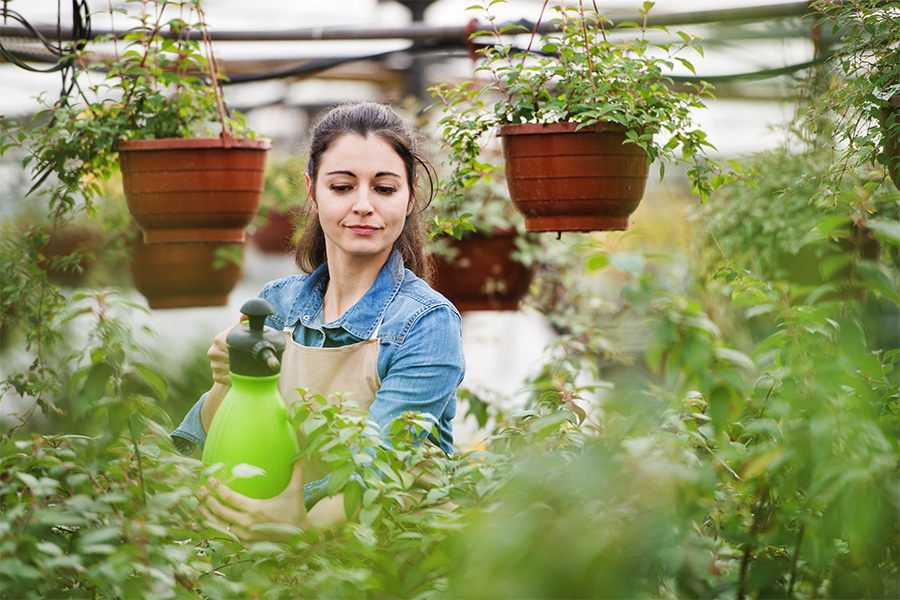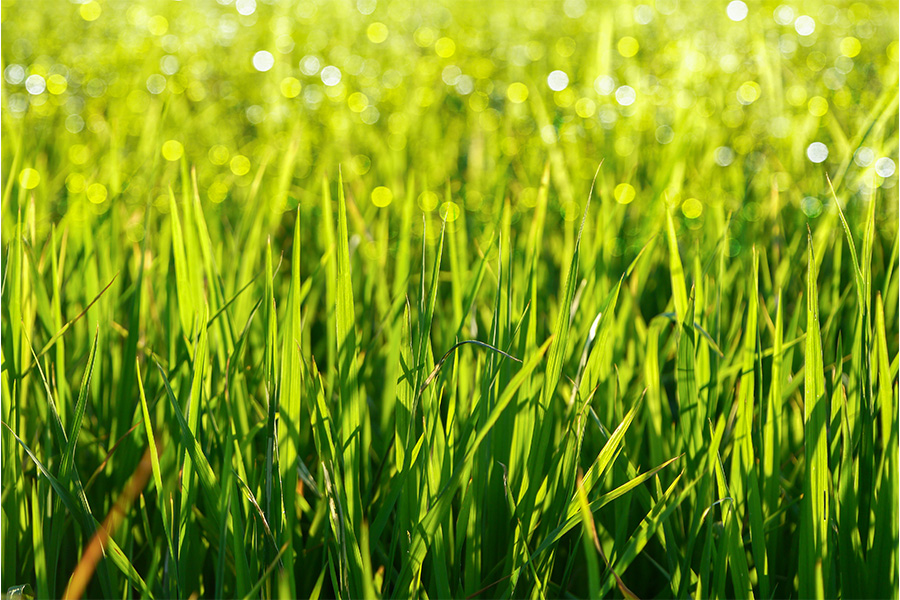Departments
-

Integrated pest management (IPM) is a sustainable approach to managing pests by combining biological, cultural, physical and chemical tools in a way that minimizes economic, health and environmental risks. One hundred and seventy-eight horticultural producers were surveyed in 2009-10 to determine the IPM practices used by growers in the southeastern U.S. Growers were asked a series of questions about monitoring or scouting for pests, prevention practices or interventions used to control pests.
Jean Williams-Woodward
|
-

The key to disease control is a healthy plant. Under proper turfgrass management, disease-causing conditions are often reduced and healthy turf is maintained. The following management practices will help achieve vigorous, healthy turf and reduce turfgrass disease problems.
Freddie Waltz and Alfredo Martinez
|
-

Although improved common (Cynodon dactylon (L.) Pers.) and hybrid bermudagrasses (Cynodon dactylon x C. transvaalensis Burtt-Davy) have desirable qualities as turfgrasses for heat, drought and wear tolerance, bermudagrass is a problematic weed when grown in mixed stands with other turf species. Selective control of bermudagrass is difficult but often warranted in order to maintain acceptable quality of the desired turfgrass species. This publication describes bermudagrass control methods for Southern lawns.
Patrick McCullough
|
-

This for-sale publication describes everything you need to know about designing, constructing and maintaining bermudagrass sports fields. It is available for purchase here: http://www.caes.uga.edu/publications/for_sale.cfm
Freddie Waltz
|
-

This handbook is designed to serve as a reference guide for the University of Georgia Cooperative Extension personnel and others regarding Georgia’s lime and fertilizer recommendations and to provide basic information pertinent to the soil testing program.
David Kissel and Leticia Sonon
|